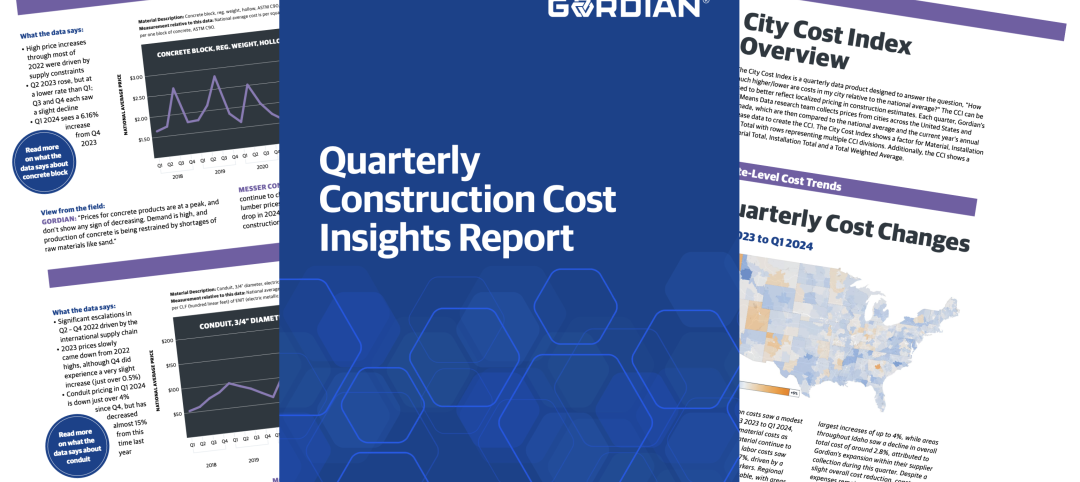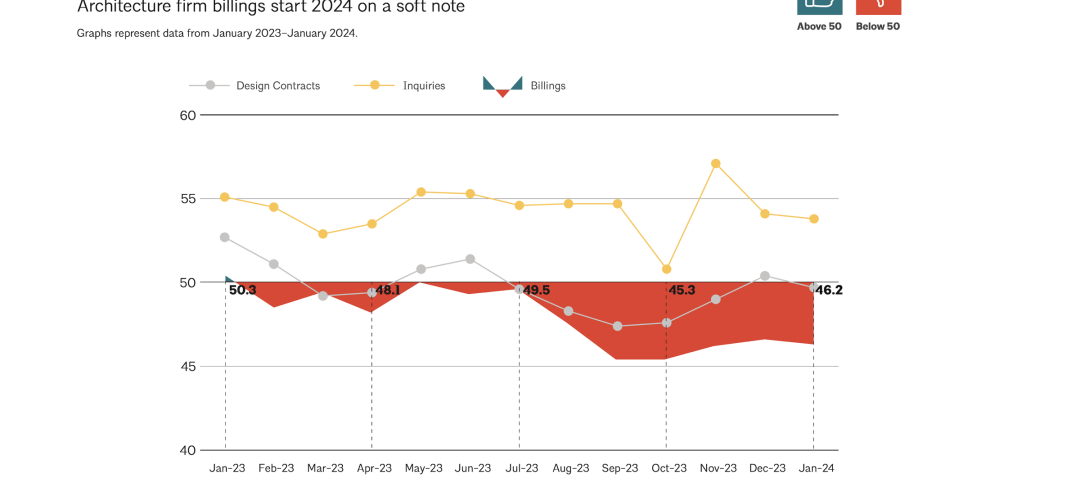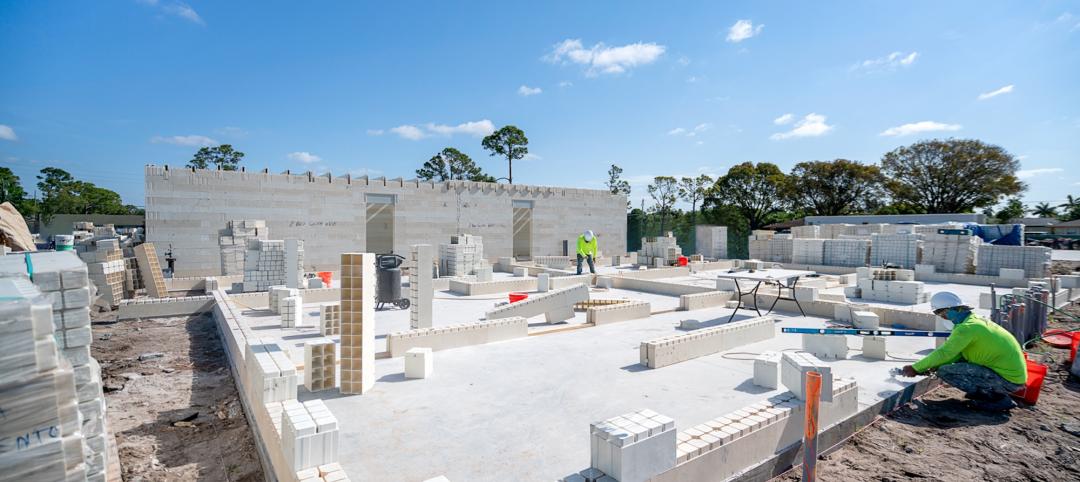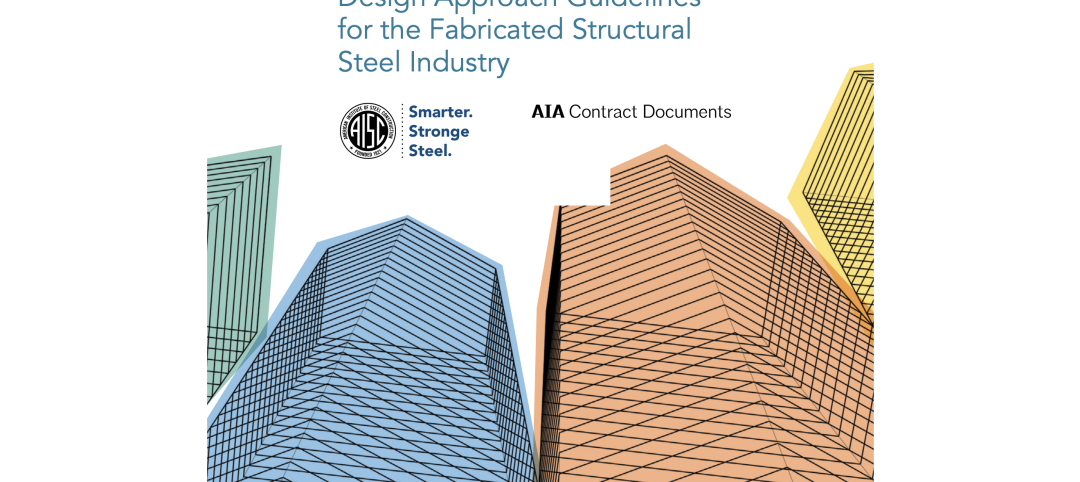A record-high number of candidates—37,178 at the end of 2014—were actively working toward an architect license required by the 54 state and jurisdiction licensing boards across the country.
It is common for candidates to be described, in the press or by many jurisdictions, as “intern-architects” or “architects in training,” or by some other nomenclature that might confer a false level of expertise or legal status.
The National Council of Architectural Regulation Boards (NCARB) wants to change that. Following the recommendations of a Future Title Task Force it formed last year, NCARB is embarking on an initiative that would “sunset” the term “intern” for those who are on a training or testing path to become architects.
NCARB is taking steps to erase “intern” from its internal lexicon, according to CEO Michael Armstrong. It plans to remove the word from its communications and correspondences. As an example, someone registered for the Architect Registration Examination “is an ARE candidate,” he said.
NCARB officials made this announcement during the American Institute of Architects’ (AIA) Convention 2015 Expo in Atlanta last week.
This debate isn’t new. “This issue has been fraught with controversy,” said Dale McKinney, FAIA, NCARB’s President. “We know that in the last several years, concerns have been raised regarding the credibility of the term ‘intern.’”
That’s not surprising, given the sheer number of architect candidates out there. In its “NCARB By The Numbers” report, which it will formally release in July, the Council estimates that nearly 10,000 new candidates had started on the path to licensure in 2014, 4% more than the previous year. The number of candidates who had completed the Architect Registration Exam was up 17% to 3,719.
The Task Force, chaired by McKinney’s immediate predecessor, Blake Dunn, considered several factors, particularly the regulatory impacts of extending the title “architect” beyond the licensed community. The Task Force recommended that:
• The role of regulation should be restricted to the title “architect,” which should be applied only to licensed individuals;
• Any other title held by those pursuing a license does not need to be regulated.
• NCARB should discontinue the use of the work intern, intern-architect, “or any other regulatory ‘title’ described those pursing licensure.”
(In April, NCARB’s board of directors voted unanimously to accept the Task Force report, which also determined that the term “architect emeritus” is acceptable because those people described as such, while they may not be practicing, still have obtained their license.)
NCARB is taking steps to erase “intern” from its internal lexicon, according to CEO Michael Armstrong. It plans to remove the word from its communications and correspondences. As an example, someone registered for the Architect Registration Examination “is an ARE candidate,” he said. “A person recording experience hours is a Record holder.” The Council is renaming its Internship + Education Directorate with the new title Experience + Education Department, or E2. And it is likely that its Intern Development Program—which the Council recently streamlined and overhauled—will be renamed.
Dennis Ward, AIA, who becomes the Council’s president on June 21, pointed out that 30 jurisdictions or licensing boards currently reference one or more titles that include the word intern or “architect in training.”
With its announcements, NCARB, said Armstrong, is asserting “our role as an advisory organization. We’re putting down a leadership marker.” But he and McKinney were quick to note that proposals to change the Council’s Model Law or regulations would need to be presented by delegates of the state licensing boards. The earliest such proposals could be presented for comment would be next Spring, and for a vote of the Membership at the Council’s Annual Business Meeting scheduled for Seattle in June 2016.
During its press conference at the AIA Expo, NCARB stated that U.S. licensing boards reported 107,581 licensed architects at the end of 2014, representing the third consecutive year of increased growth in the profession.
Related Stories
Construction Costs | Feb 27, 2024
Experts see construction material prices stabilizing in 2024
Gordian’s Q1 2024 Quarterly Construction Cost Insights Report brings good news: Although there are some materials whose prices have continued to show volatility, costs at a macro level are returning to a level of stability, suggesting predictable historical price escalation factors.
High-rise Construction | Feb 23, 2024
Designing a new frontier in Seattle’s urban core
Graphite Design Group shares the design for Frontier, a 540,000-sf tower in a five-block master plan for Seattle-based tech leader Amazon.
Construction Costs | Feb 22, 2024
K-12 school construction costs for 2024
Data from Gordian breaks down the average cost per square foot for four different types of K-12 school buildings (elementary schools, junior high schools, high schools, and vocational schools) across 10 U.S. cities.
MFPRO+ Special Reports | Feb 22, 2024
Crystal Lagoons: A deep dive into real estate's most extreme guest amenity
These year-round, manmade, crystal clear blue lagoons offer a groundbreaking technology with immense potential to redefine the concept of water amenities. However, navigating regulatory challenges and ensuring long-term sustainability are crucial to success with Crystal Lagoons.
Architects | Feb 21, 2024
Architecture Billings Index remains in 'declining billings' state in January 2024
Architecture firm billings remained soft entering into 2024, with an AIA/Deltek Architecture Billings Index (ABI) score of 46.2 in January. Any score below 50.0 indicates decreasing business conditions.
University Buildings | Feb 21, 2024
University design to help meet the demand for health professionals
Virginia Commonwealth University is a Page client, and the Dean of the College of Health Professions took time to talk about a pressing healthcare industry need that schools—and architects—can help address.
AEC Tech | Feb 20, 2024
AI for construction: What kind of tool can artificial intelligence become for AEC teams?
Avoiding the hype and gathering good data are half the battle toward making artificial intelligence tools useful for performing design, operational, and jobsite tasks.
Engineers | Feb 20, 2024
An engineering firm traces its DEI journey
Top-to-bottom buy-in has been a key factor in SSOE Group’s efforts to become more diverse, equitable, and inclusive in its hiring, mentoring, and benefits.
Building Tech | Feb 20, 2024
Construction method featuring LEGO-like bricks wins global innovation award
A new construction method featuring LEGO-like bricks made from a renewable composite material took first place for building innovations at the 2024 JEC Composites Innovation Awards in Paris, France.
Codes and Standards | Feb 20, 2024
AISC, AIA release second part of design assist guidelines for the structural steel industry
The American Institute of Steel Construction and AIA Contract Documents have released the second part of a document intended to provide guidance for three common collaboration strategies.

















